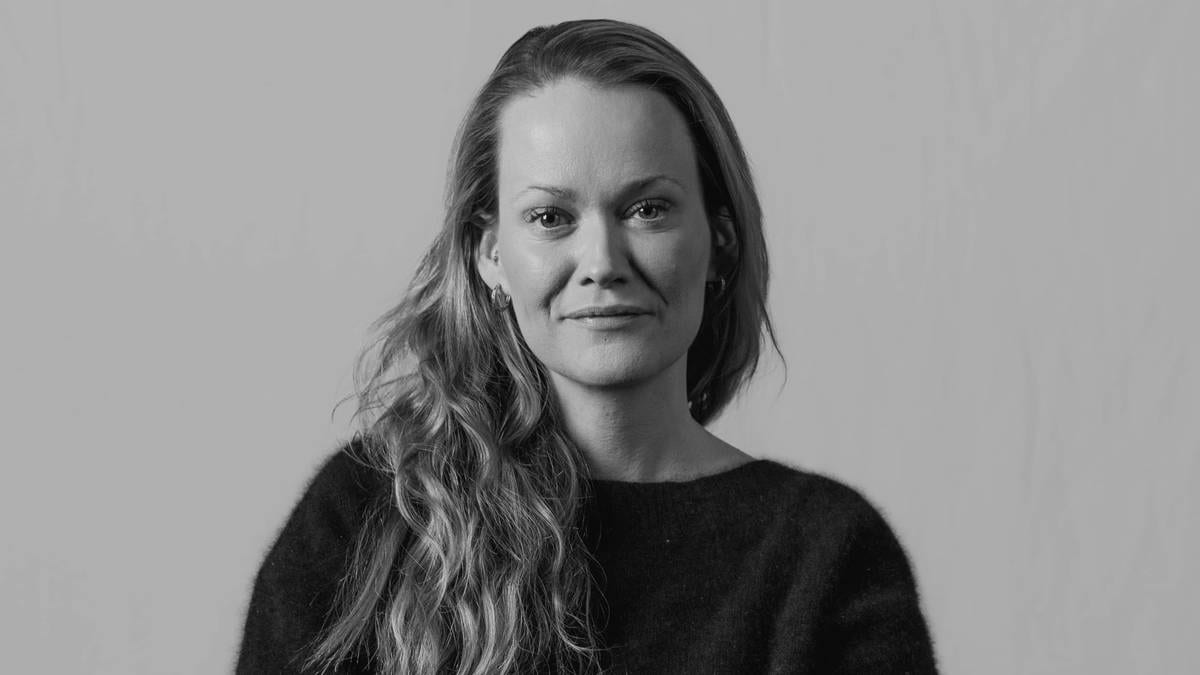Hva er det de gjør i Scotland (fra Bollestads innlegg)?
Eg har mistanke om at Skottland litt for ofte vert kasta fram som eit skodebrød i debatten, men ut frå det eg kan sjå (kjapp Google-research):
- fjerna dei «stykkprisfinanseringa», og minimerte rolla til private aktørar («divide between purchasers of care and providers ... is gone in Scotland and Wales.»)
- skil mellom driftstilskot og investeringar
- krev omfattande høyringar og politiske vedtak før strukturelle endringar i helsetilbodet. Regionale "NHS boards" har ansvar for planlegging og retningslinjer, ikkje for innkjøp av helsetenester.
Since devolution in 1998, the UK has had four increasingly distinct health systems, in England, Northern Ireland, Scotland and Wales. Secondary literature and authors’ own research since 1998. From a similar starting point, there has been a ...

pmc.ncbi.nlm.nih.gov
Elles ser det ut som om dei har om lag same problemet som oss med ein kostnadseksplosjon i helsesektoren.
Frå ein nyleg kommentar i avisa
Herald Scotland.
In short, there can be no doubt that our current structures are relatively inefficient and leading to poorer outcomes when compared to our European peers, irrespective of spending.
Structure and culture matter too. It seems reasonable to state that NHS Scotland is a politicised bureaucracy, with politicians serving it both as the funders and as the protectors of what has until recently been viewed as a national treasure.
Managers who are directly responsible for performance are incentivised to respond to demands from above that may conflict with focusing on delivery of high-quality care by motivated and happy staff.
This contributes to frustration, burn out in clinical staff and what might be described as a ‘toxic’ culture within these organisations.
Health outcomes in Scotland are falling behind. Reforming NHS structure, culture and funding is now urgent, experts argue.

www.heraldscotland.com
Den kommentaren, som har ein kritikk som liknar den mange her i landet ville ytra om det norske helsevesenet,
konkluderer derimot med det som her i Noreg ville vorte oppsummert som feil medisin:
But in both countries, compared to Scotland, outcomes are superior across most areas of healthcare, responsibility for funding and delivery of healthcare is decentralised (with patients exercising choice about where they receive healthcare), there is an allowance for a mix of public and private provision, and there is better retention of staff beyond the age of 60.
These lessons from Germany and Sweden have informed three specific proposals in our essay.
The first is that extending patient choice is essential to ensuring high standards and better patient outcomes.
Second is decentralising power and responsibility within the NHS, with funds more directly following patients which is essential to this devolution of power and underpins many of the other suggestions we have made.
Third is the recruitment and retention of able and motivated people from medical school through to changing job patterns and roles to aid retention towards the end of people’s careers.
Eg trur ikkje det finst ein easy fix, altså.
















